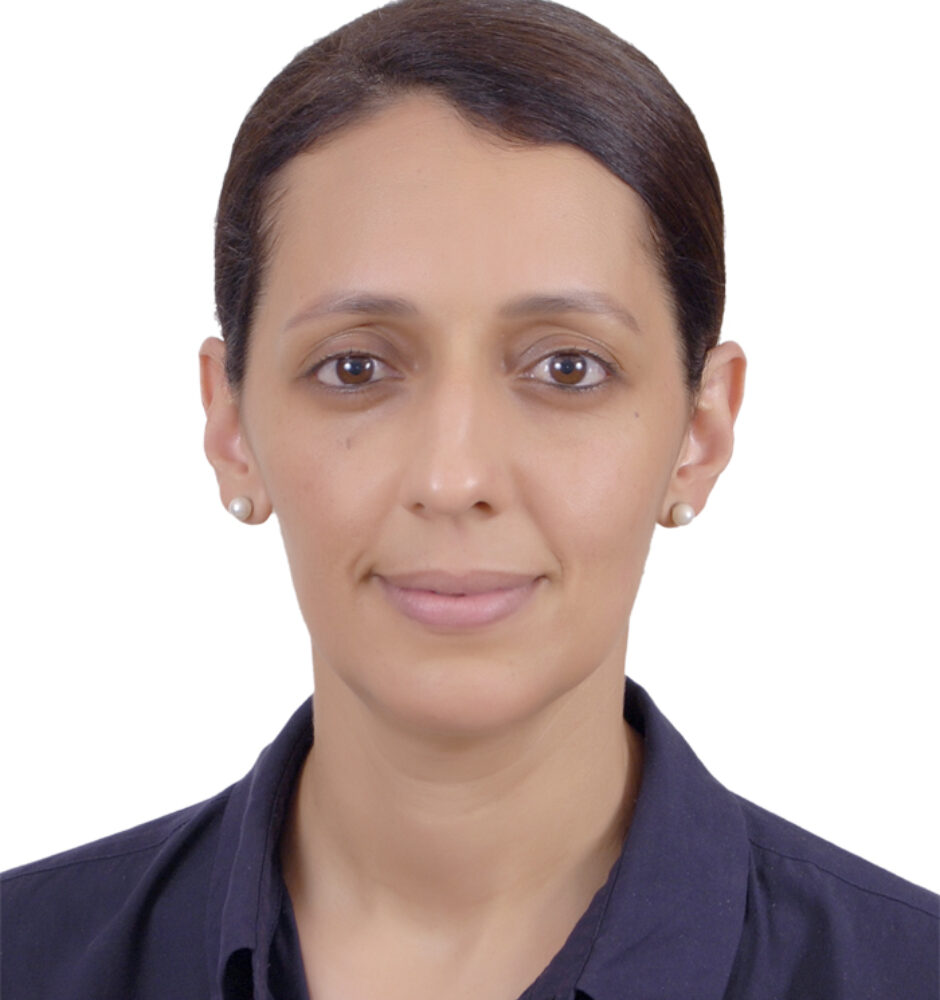Conférence à la Cité des Science (16 Mars à 19h) “Quand nos émotions donnent le vertige”
A l’occasion de la Semaine du Cerveau, Stéphane Besnard et Quentin Montardy, membres...

(1) Hülse R, Biesdorf A, Hörmann K, Stuck B, Erhart M, Hülse M, Wenzel A. Peripheral Vestibular Disorders: An Epidemiologic Survey in 70 Million Individuals. Otol Neurotol. 2019 Jan;40(1):88-95. doi: 10.1097/MAO.0000000000002013.
(2) Newman-Toker DE, Cannon LM, Stofferahn ME, Rothman RE, Hsieh YH, Zee DS. Imprecision in patient reports of dizziness symptom quality: a cross-sectional study conducted in an acute care setting. Mayo Clin Proc. 2007; 82(11):1329–1340.
(3) Seemungal BM, Gresty MA, Bronstein AM. The endocrine system, vertigo and balance. Curr Opin Neurol. 2001;14(1):27-34. doi:10.1097/00019052-200102000-00005
Different questions are now being asked about:
The projects and objectives of the TT are multiple and should be prioritized on the basis of work and funding capacities:
The team Hormones & Vertiges is organized around scientists with skills related to the team’s research projects (neuroscience, endocrinology, biochemistry, cellular and molecular biology, electrophysiology), and clinicians specialized in the management of the dizzying and unstable patient. The team coordinated by C Chabbert (UMR7291, Marseille) was launched at the beginning of October 2020. Dr R El Khiati has operational responsibility as part of his doctoral thesis under the joint responsibility of Drs C Chabbert and S Besnard. Regular exchanges between team members are carried out as part of the projects launched by the team. Various communication events will be organized via the GDR Vertige networks. A team activity report will be published at the end of the year.
BESNARD S (Univ Basse Normandie & UMR7291, Marseille)
CHABBERT C (UMR7291, Marseille) -Team leader
EL KHIATI R (UMR7291, Marseille) -Operational manager
ELZIERE M (Hôpital Européen, Marseille)
HAUTEFORT C (Hôpital Lariboisière, APHP, Paris)
TIGHILET B (UMR7291, Marseille)
WECKEL A (CHU Purpan, Toulouse)
Screening of hormone receptor expression in the vestibular system
A doctoral thesis projects will start in 2021 in order to characterize the hormone receptors expressed in the vestibular system of mammals. The thesis project will be offered at the start of the Fall 2021 school year with the aim of recruiting a three-year student on this topic. The main objectives of this project will be to: i) study the tissue expression of different families of hormone receptors in the peripheral and central areas of the vestibular system. This study will be carried out using descriptive approaches combining molecular biology (TRPCR, RNA Seq) and histology (immunocytochemistry, electron microscopy); ii) to study the functional impact of hormonal modulations on vestibular function (organotypic cultures, co-cultures, in vitro and in vivo pharmacology, vestibular behavior).
Clinical study of the link between hormonal profile and vestibulopathies
The “Hormone and Vertigo” clinical study will bring together several ENT departments of French Hospitals and will be coordinated by the Pathophysiology and Therapy of Vestibular Disorders team at UMR7291 in Marseille (C Chabbert and S Besnard). It should make it possible to identify new clinical biomarkers in the diagnosis of vestibular disorders and to develop new diagnostic systems for vestibular pathologies of peripheral origin. The aim of the study is to seek direct evidence of the involvement of circulating hormones in the genesis and development of major vestibular disorders. For this, we propose to set up a multicenter clinical study in order to establish a hormonal profile of patients in several types of vestibular pathologies or pathogenic situations (BPPV; Chronic instabilities / PPPD, poor central compensation, etc.); Acute Peripheral Vestibulopathies (neuritis, labyrinthitis …); Recurrent peripheral vestibulopathies (Ménière’s disease, vestibular migraine, perilymphatic fistulas …); Healthy volunteers during tests (PEO, Caloric, Galvanic stimulation). The challenge will be to harvest blood samples at the time of the vertigo attack and at a distance from it in the same patients, and to perform assays of different circulating hormones in order to identify biomarkers that discriminate types of vertiginous pathologies. Several hormones from different systems will be sought : stress hormones, gonadotropic hormones, hormone nes of circadian rhythms and sleep … The kinetics of variation of these hormones will be correlated with the clinical expression of the different types of vestibular disorders.
A l’occasion de la Semaine du Cerveau, Stéphane Besnard et Quentin Montardy, membres...
